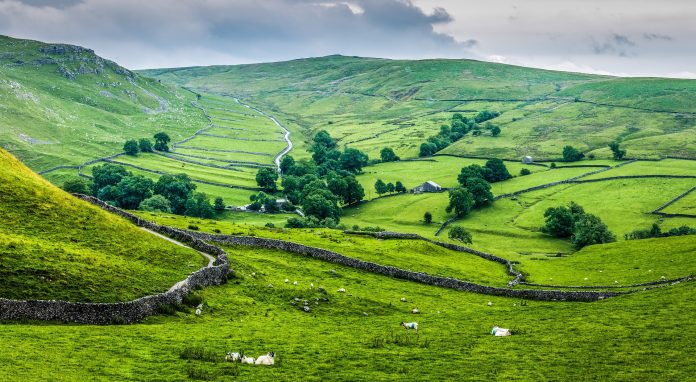A recent Epoch Times article describes how the British government’s efforts to attain net-zero carbon dioxide emissions are hindering British agriculture, leading to food shortages that will likely get worse. The author, Owen Evans, interviews British farmers who say that government incentives and climate initiatives have resulted in farmers reducing the amount of land they devote to farming.
Reduced farmland and increased regulations can make it difficult for agricultural businesses to remain profitable, leading to lower food production and, ultimately, higher prices for consumers. Striking a balance between sustainability and efficiency is critical to ensuring that agriculture remains viable while meeting environmental targets.
As farming landscapes evolve, the demand for skilled agricultural professionals continues to rise, making ag recruitment Australia a crucial factor in maintaining a strong and capable workforce. The industry requires experts who can navigate modern challenges, from sustainable farming practices to advanced technological solutions that improve yield without harming the environment.
Connecting farmers with the right talent ensures that agricultural operations remain efficient and productive, even in the face of shifting policies. With the right support, both sustainability and food production can coexist, securing a stable future for farmers and consumers alike.
In the article, “DEFRA’s Net Zero Policies Contributing to Fruit & Vegetable Shortages, Warn British Farmers,” Evans describes how recent shortages of fruits and vegetables in British supermarkets are being caused, in part, by the government policies that actively discourage food production.
Evans explains that the British government’s Department for Environment, Food and Rural Affairs (DEFRA) has pushed policies on farmers that focus more on climate change than on food production. In some cases, DEGRA is paying farmers to remove their land from production.
“Farmers and landowners are also encouraged to create new woodland via £10,000 grants for every hectare created,” Evans explains. In addition, potential plans that would “restrict solar panels from being installed on productive agricultural lands” have been abandoned, putting even more farmland at risk of being sacrificed to climate action.
Evans also mentions that animal feed, nitrogen fertilizers, and fuel prices are becoming prohibitively expensive for some farmers, which can also all be tied back to the government’s destructive climate policies.
Climate Realism has previously made these connections as well, for example, in “Thanks, Center Square, For Reporting on the Effects of High Fossil Fuel Prices on Food Prices.” In that post, we point out that operating costs have some of the most direct impacts on food prices. Tractors and machinery necessary to maintain high farming yields, are suffering from high and volatile fuel prices tied to policies limiting the exploration, production, and use of fossil fuels, which increase fuel prices.
Nitrogen fertilizers and soil additives also are impacted by the price of oil and natural gas, from which they are often produced and delivered. These synthetic fertilizers are also essential for making the most out of limited farm land, and as discussed on Climate Realism in a post that discussed the harmful effect that resulted from banning synthetic fertilizers in Sri Lanka.
Fuel costs can be partially tied to western countries’ assault on fossil fuels, and net-zero policies, so it is really an attack on farming from two fronts: land use and operating costs.
Discouraging farming in the British Isles will mean relying more on imports, and as one farmer interviewed by Evans explains, “government policy is driving our food sovereignty into the ground.” Also imported food is often produced in countries where farm machinery lacks or has less stringent emission controls and is then shipped across oceans on vessels which run on fossil fuels. Hardly net-zero!
Carbon dioxide emissions have contributed to a general greening of the earth and substantially increased crop yields globally, and in the United Kingdom. As a result, the British government’s net zero agriculture policies, like those that encourage farmers to stop farming and devote arable farmland to renewables, subvert the U.K.’s food security and are contributing recent shortages in British grocery stores. The Epoch Times should be lauded for highlighting the deleterious impacts of net zero policies on agriculture in the United Kingdom.















